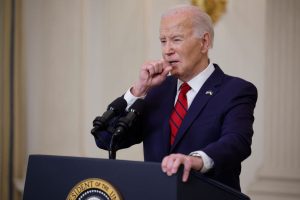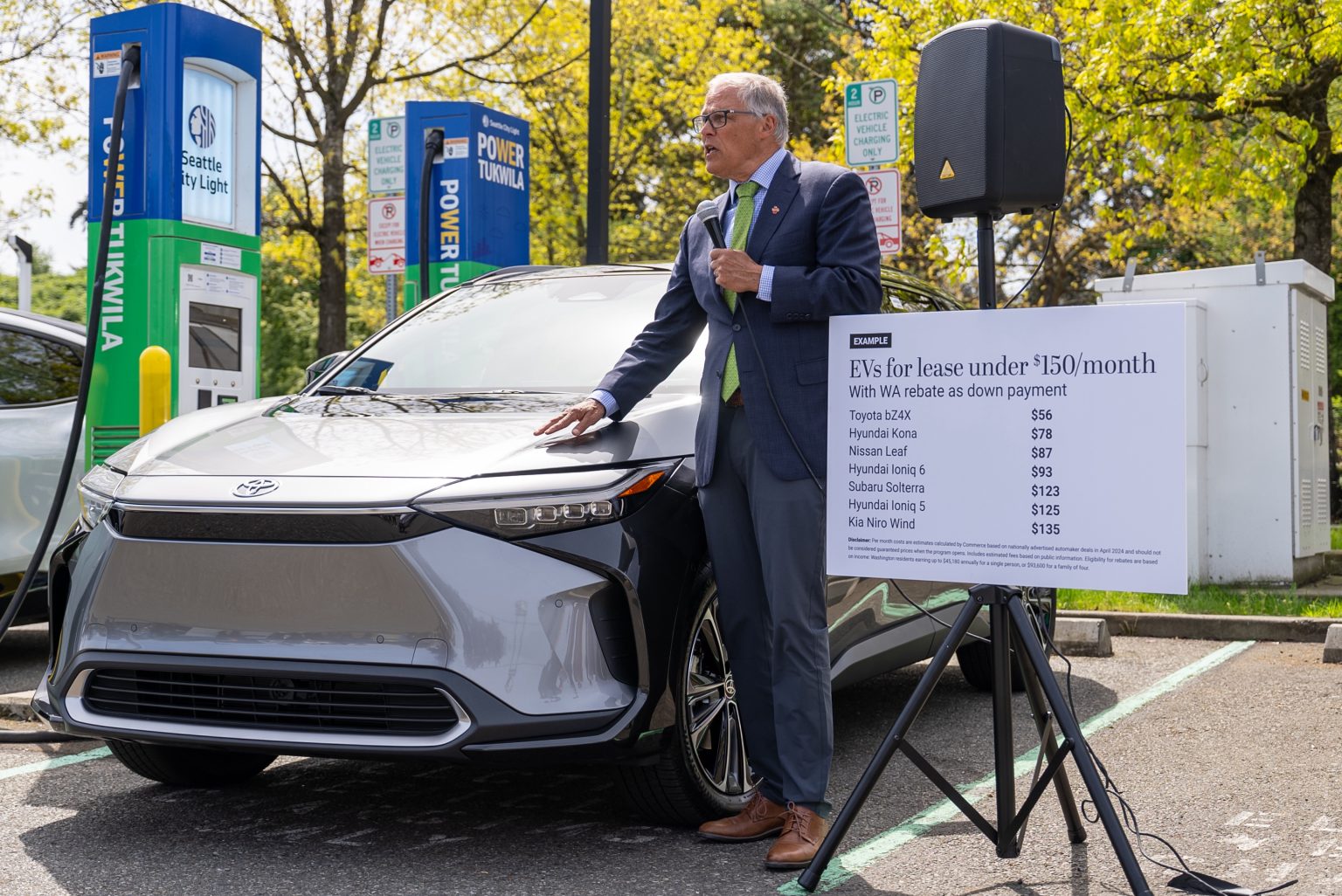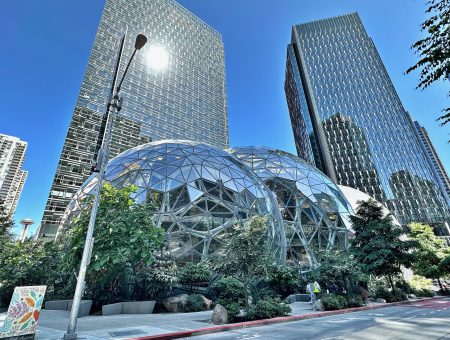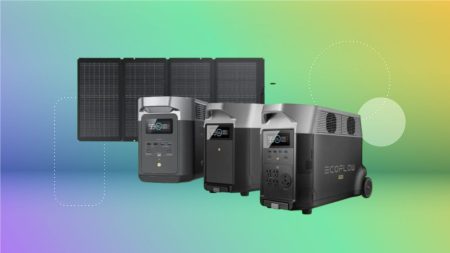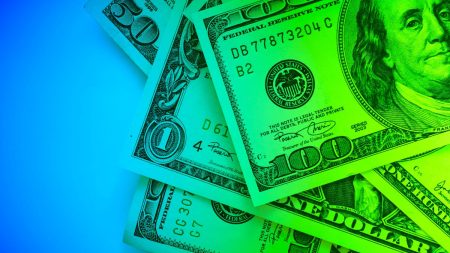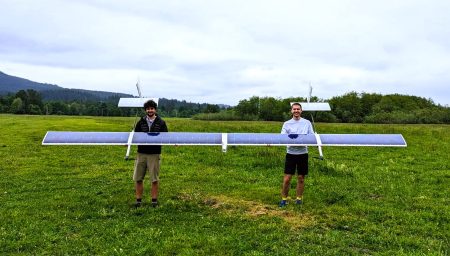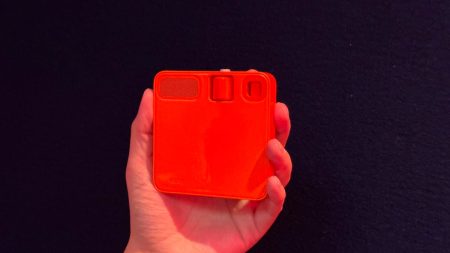Washington leaders recently announced a $45 million program aimed at making electric vehicles more affordable for low-income residents in the state. The Washington EV Instant Rebates Program will provide instant rebates for eligible consumers who buy or lease a new or used EV, with the income threshold set at $45,180 a year for an individual or $93,600 for a family of four. Under the new plan, new EVs are eligible for a $5,000 rebate for a purchase or 2-year lease, while used EVs qualify for a $2,500 rebate for purchases and leases of two years or longer. The program is set to run until June 2025 or until the funding is depleted and applies to vehicles priced at $90,000 or less.
Governor Jay Inslee expressed the importance of these rebates in lowering the entry point for low-income individuals to access EVs and work towards a cleaner transportation future for all. The program is set to launch in August and aims to issue between 6,500 and 8,000 rebates. In addition to the state program, there are federal tax credits available for up to $7,500 for the purchase or lease of qualifying new EVs, and Washington state provides sales tax exemptions for the purchase and lease of lower-priced new and used EVs, as well as waiving taxes for charging devices and offering rebates for charger installation.
Washington has set ambitious goals for electric vehicle adoption, with a requirement that all new vehicles sold in the state must be zero carbon emissions by 2035. The state has seen significant growth in EV sales, with 19% of new cars registered in Washington in 2023 being electric vehicles or plug-in hybrids. Despite this growth, experts note a slowdown in the overall U.S. and global markets for EV sales, with lagging Tesla sales driving part of the decline. However, the company has renewed its commitment to manufacturing a lower-priced vehicle starting next year, and other American automakers are also working on EV production.
Access to charging infrastructure is expanding across the nation, with one fast-charging EV station for every 15 gas stations. Washington has invested $100 million in EV infrastructure, funded by the state’s Climate Commitment Act, with most of the funding going towards chargers in multifamily housing, public locations, and communities with higher levels of air pollution. However, the fate of the climate act hangs in the balance as voters will decide in November on Initiative 2117, which would eliminate the carbon permit program that limits emissions in the state.
